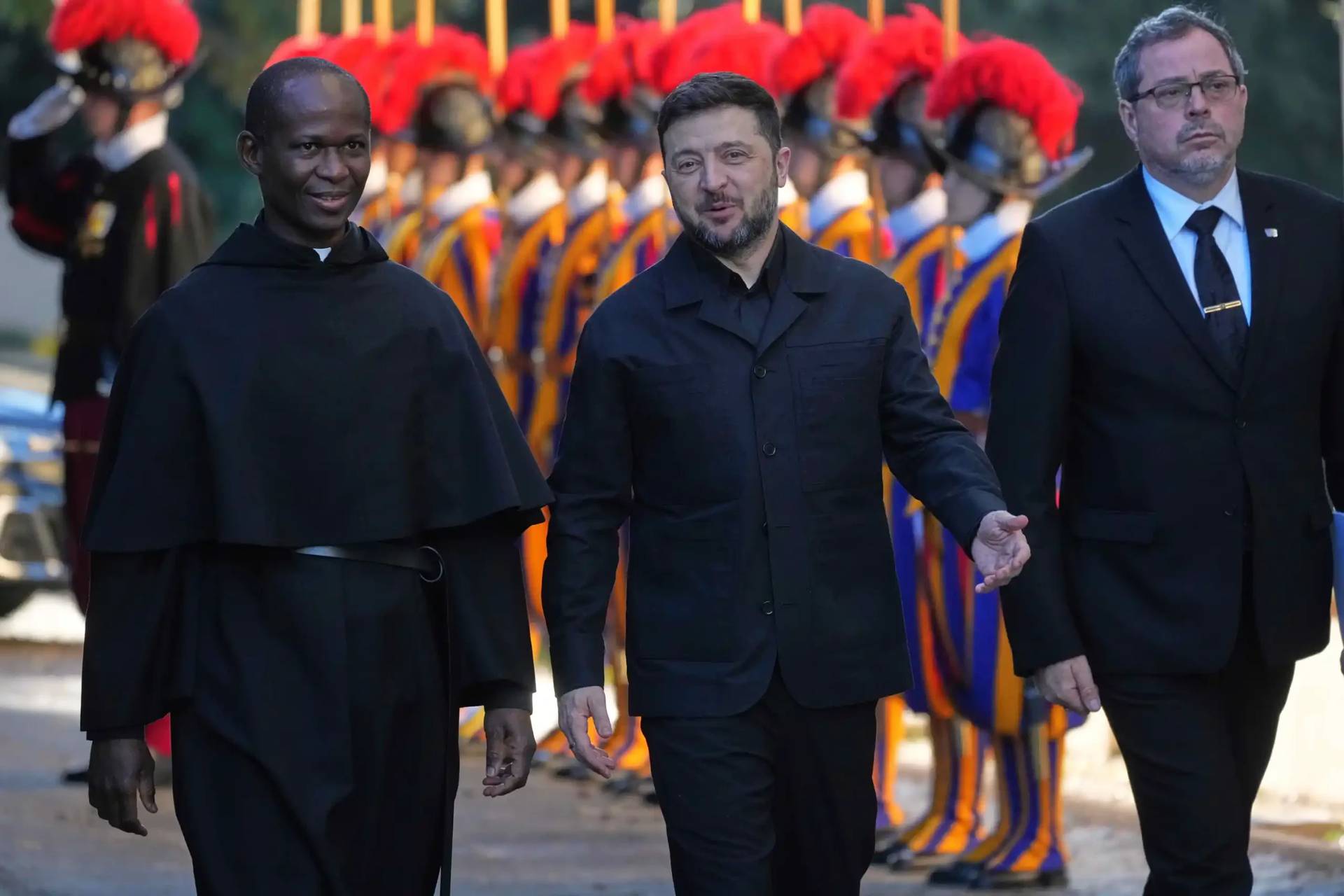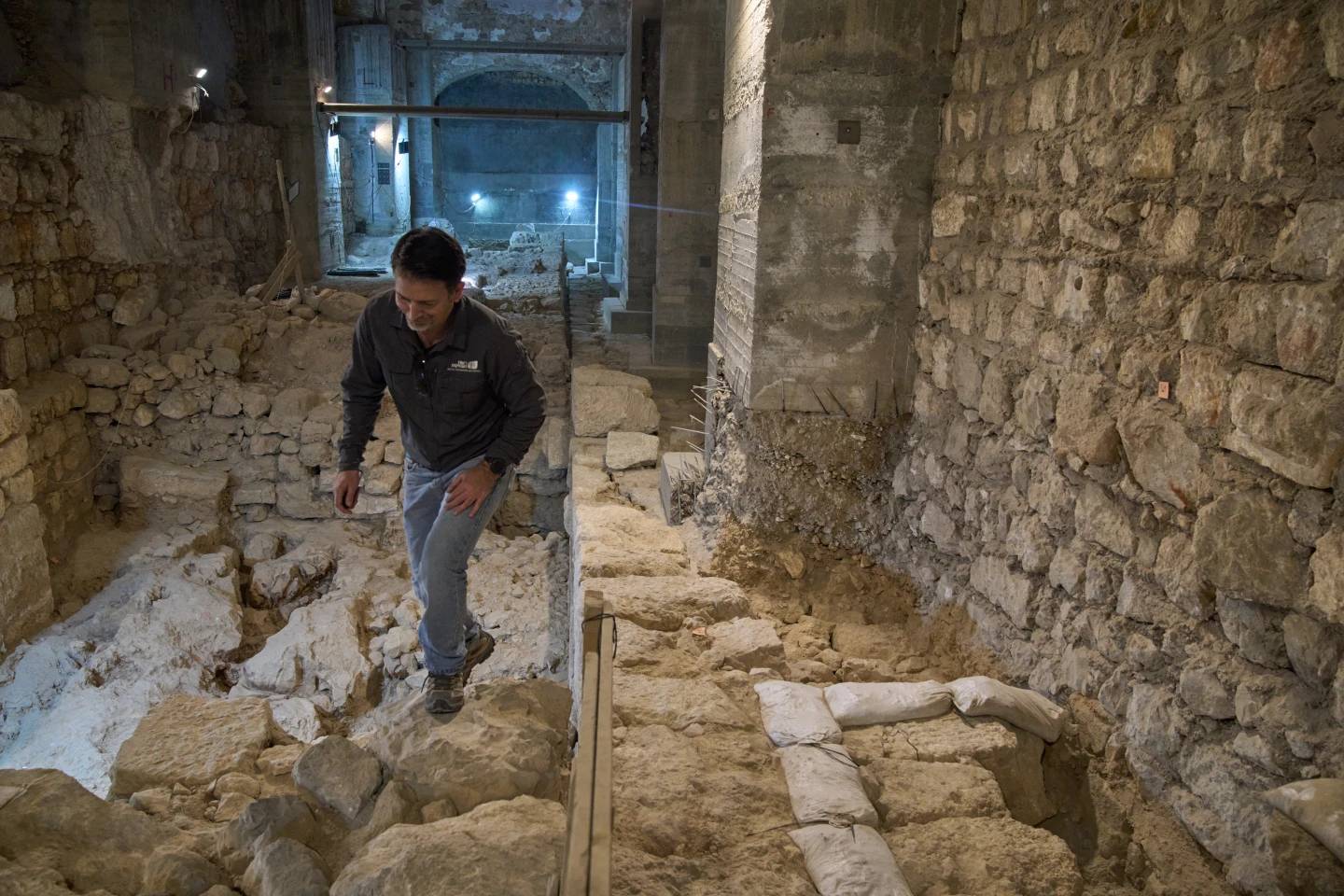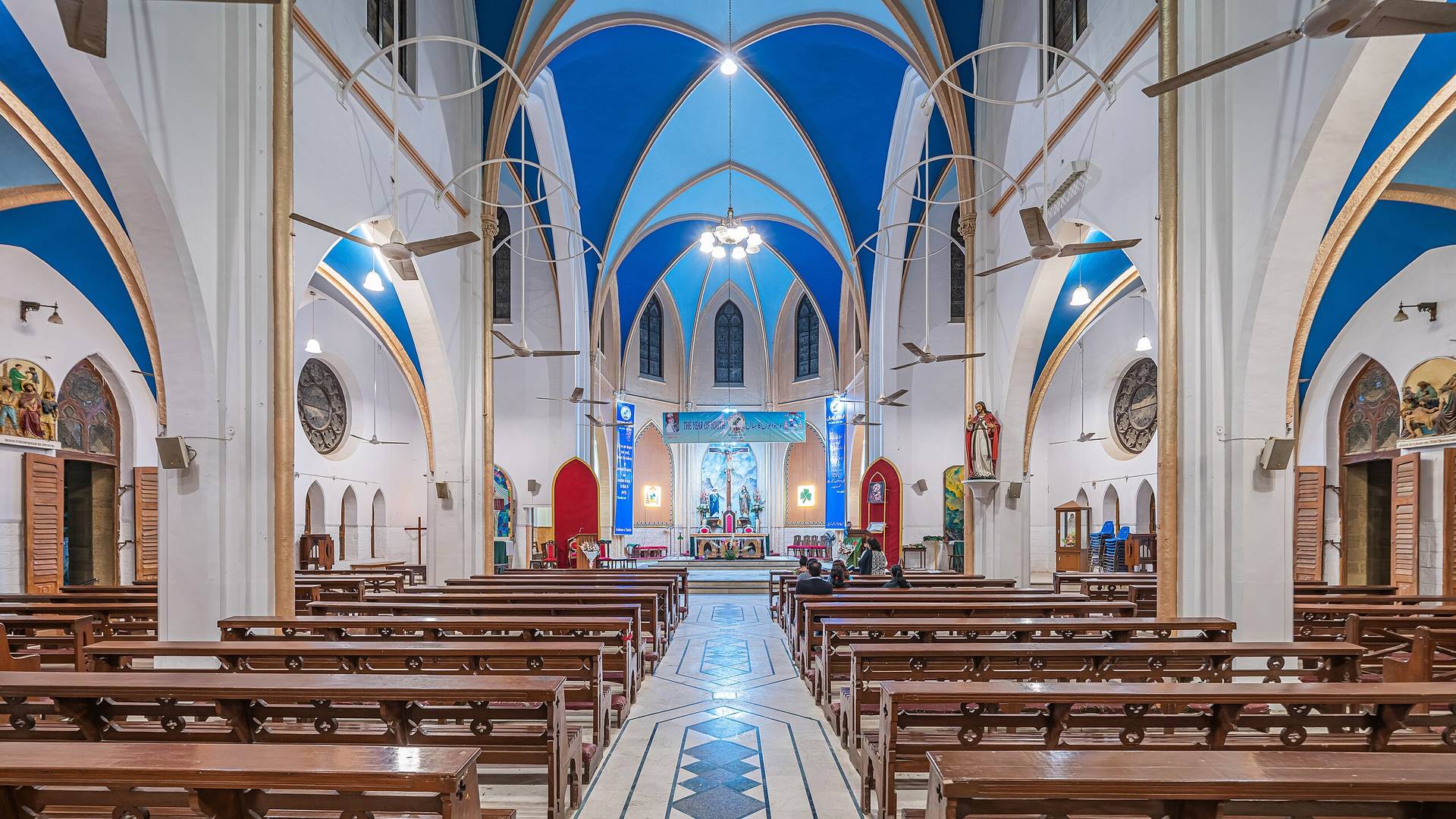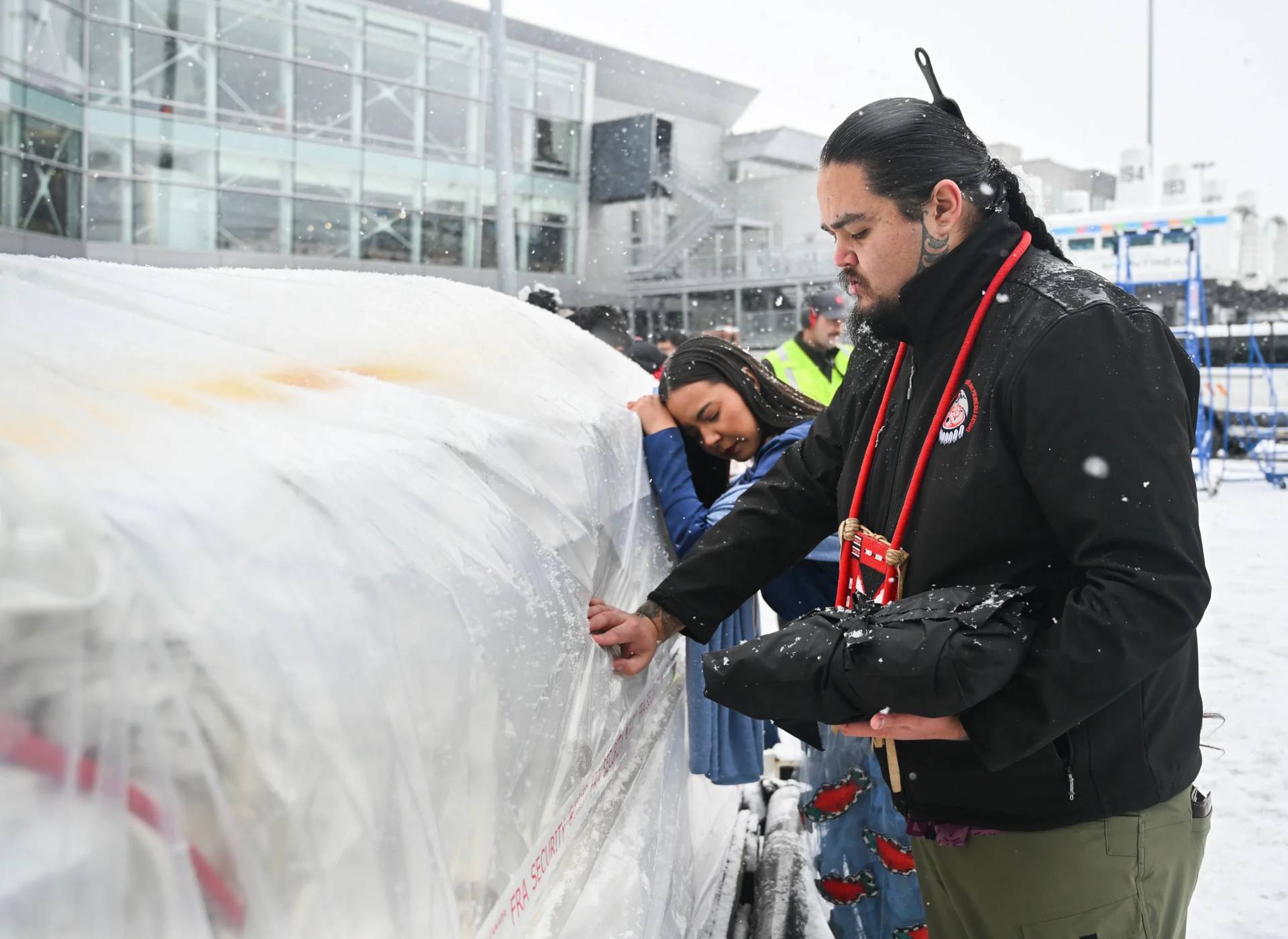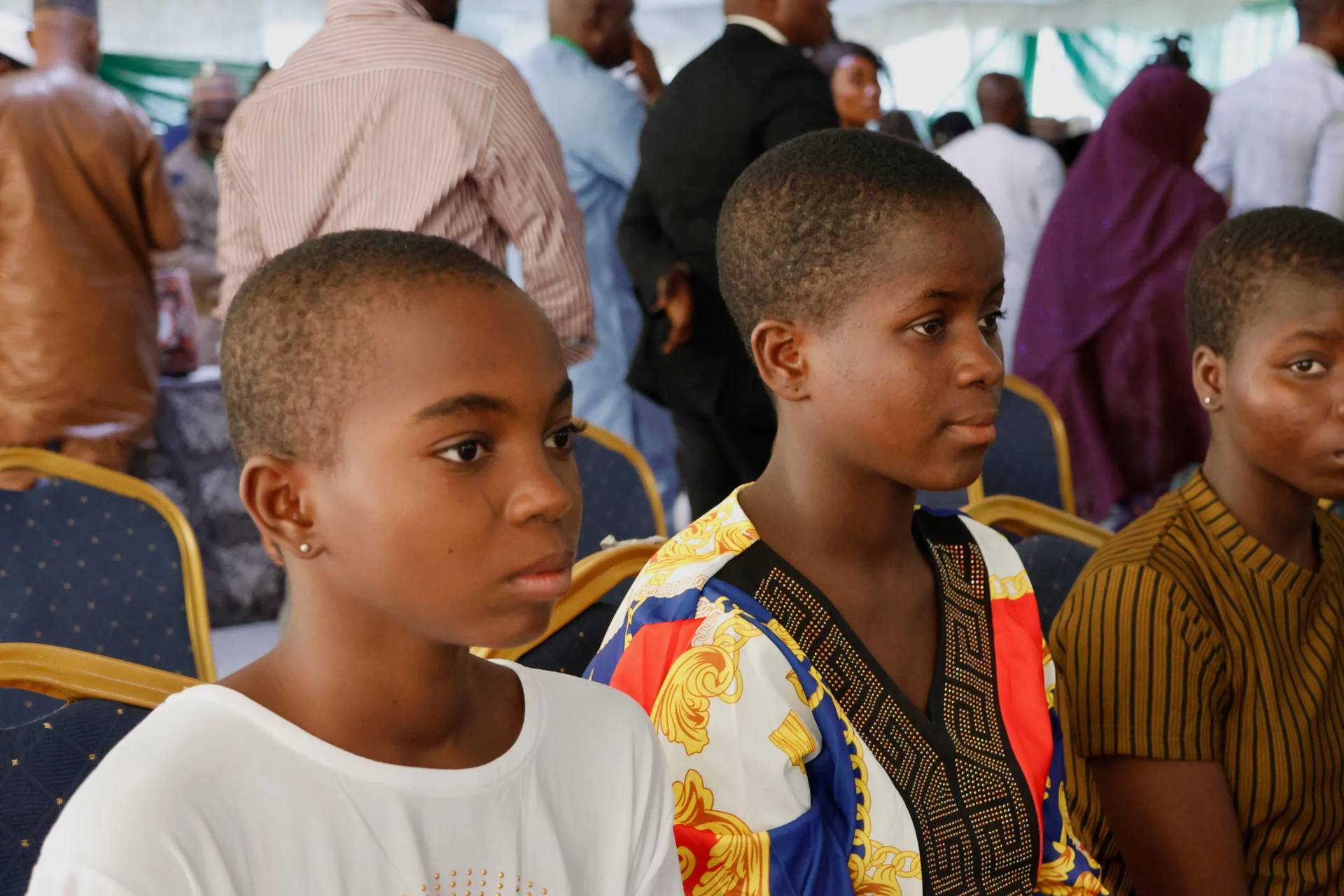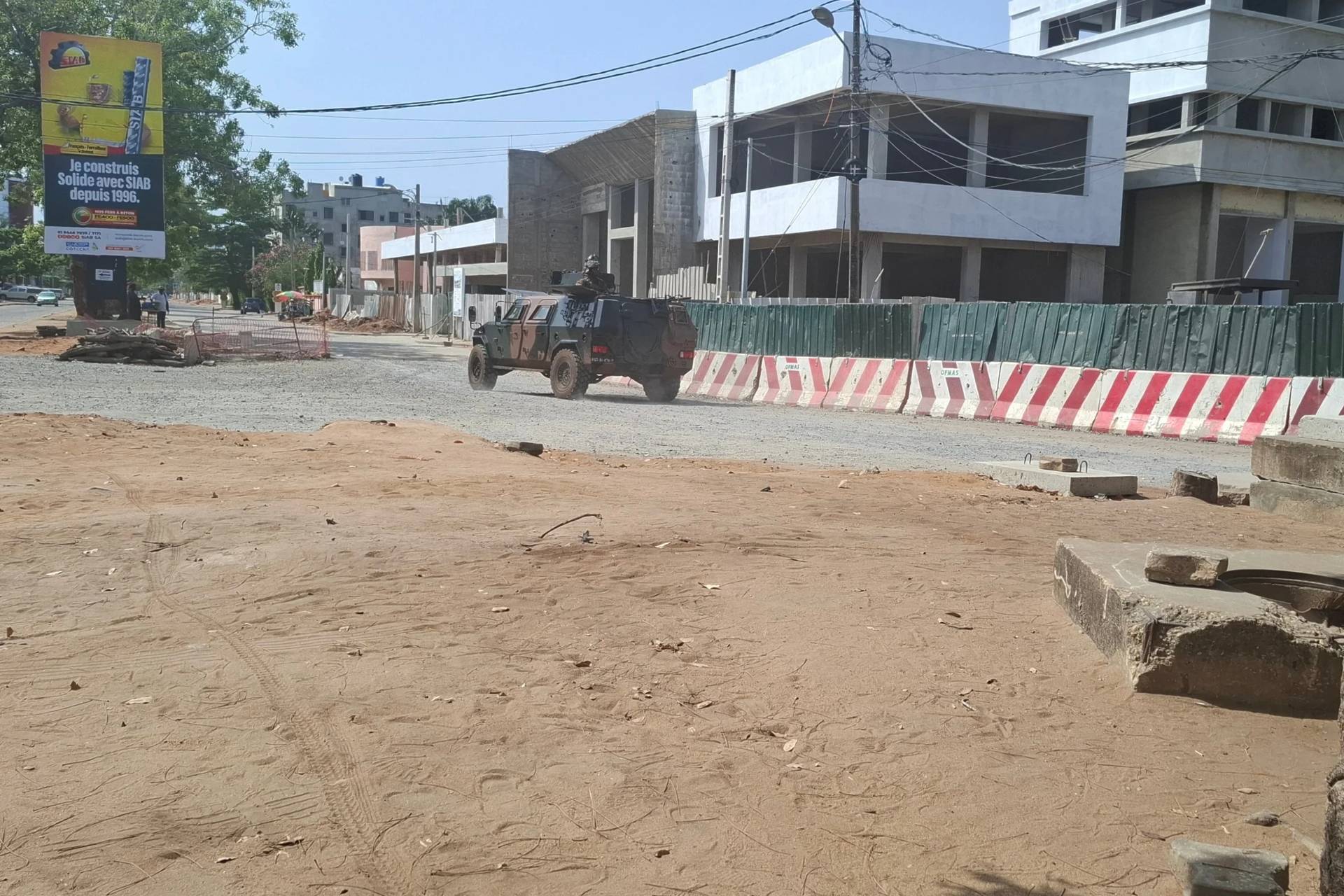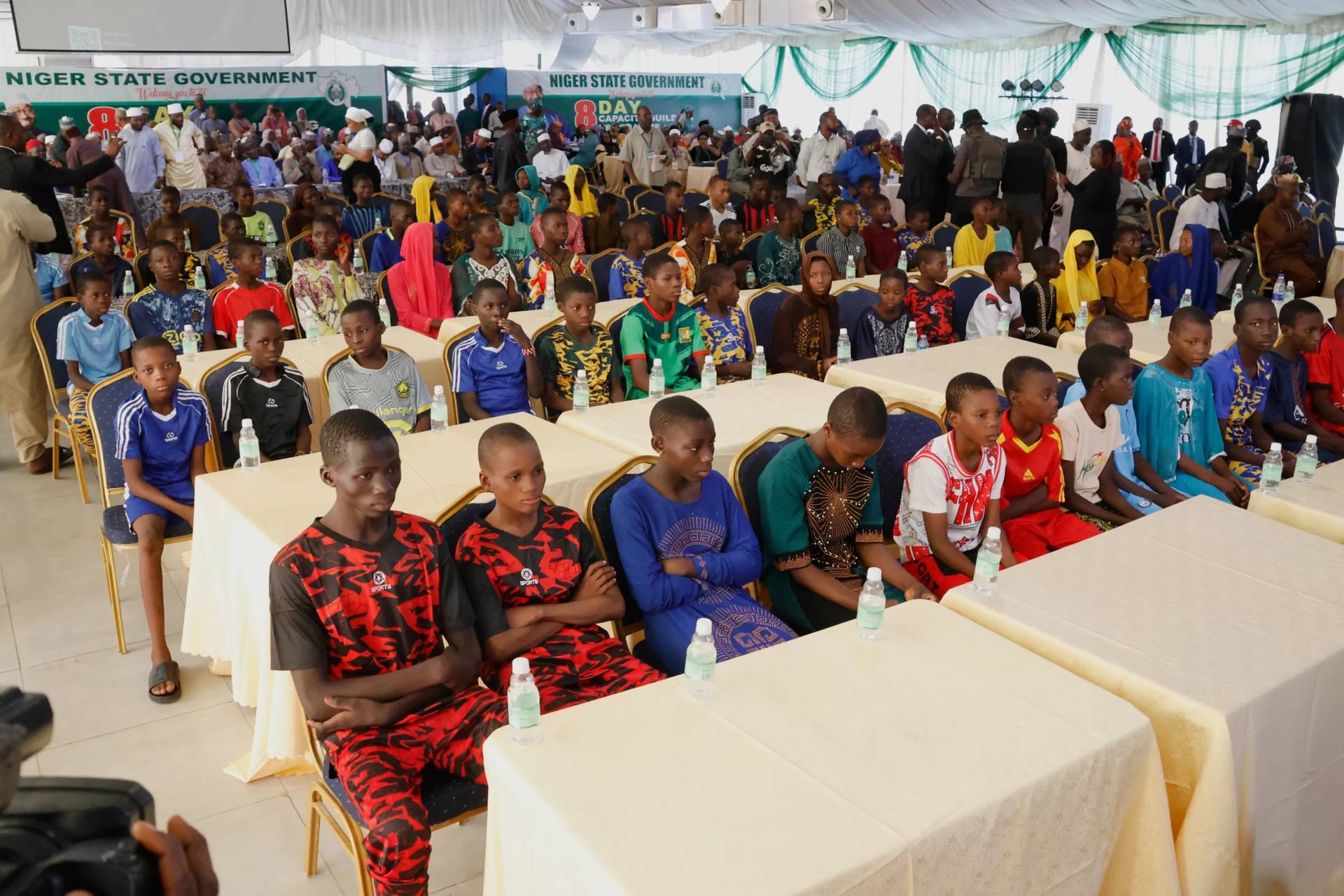ROME – A Nigerian bishop has drawn the ire of the government after saying the country has become a killing field under President Muhammadu Buhari.
Bishop Matthew Kukah of Sokoto was speaking during his Easter homily, and drew attention to the lawlessness happening across the country.
“Taunted by Boko Haram, ravaged by bandits, kidnappers, armed robbers, and other merchants of death across the nation, there is collective fear as to whether Nigeria’s glory is about to depart,” Kukah said.
“Traumatized citizens are tortured daily by bandits. The nation has since become a massive killing field, as both government and the governed look on helplessly. A thick and suffocating cloud of desperation, despondency, desolation, gloom, and misery hangs in the hot air. We have no message and have no idea how long this will last,” he said.
“Our people seek solace and protection, but frustration and darkness threaten to drown them,” Kukah said.
Government officials accused him of distorting facts about the Boko Haram insurgency and the country’s general insecurity.
RELATED: Priest, six others killed by armed gunmen at Nigerian parish
In a statement, presidential spokesman Garba Shehu said Kukah’s “bashing” of Buhari as “ungodly.”
“All citizens have their individual ideologies, even their own versions of truth. But if you profess to being a man of God, as Father Mathew Hassan Kukah does, ideology should not stand in the way of facts and fairness,” Shehu said.
“An administration that has created a whole ministry, for the first time in the country’s history, appropriating enormous resources to it, to deal with issues of internally displaced persons cannot, in all rightfulness, be accused of not caring for them,” the spokesman said, urging “well-meaning citizens” to continue supporting the Buhari administration.
Kukah, bishop of the northwest Nigerian city of Sokoto since 2011, has served as the secretary general of the bishop’s conference.
The prelate is no stranger to Nigerian politics, and taken part in several presidential initiatives, including the Commission of Inquiry into Human Rights Violations, the Electoral Reform Committee and the National Political Reform Conference.
During his homily, Kukah also mentioned that according to the latest World Happiness Report, Nigeria is one of the unhappiest nations in the world (116 out of 149 countries), something which he said was both unacceptable and understandable.
“Our clay-footed fight against corruption has not moved the needle of transparency forward,” the bishop said. “Of course, being the poverty capital of the world comes with its rewards such as banditry, violence, death, sorrow, blood, poverty, misery, and tears. Our cup of sorrow is permanently full; hence the exponential rise in the frustration curve across the country.”
Kukah also said that human life is “hemorrhaging” in Nigeria, but even worst is the “death of empathy” from those who are in power. He regretted that the government is spending millions in rehabilitating “so-called Boko Haram repentant members,” whom he called criminals who have waged a war against their country, murdering thousands, destroying infrastructure and rendering entire families permanently displaced, while no support tis given to the victims.
“When kidnapped or killed, victims and their families are left to their wits,” the bishop said. “They cry alone, bury their loved ones alone. And our government expects us to be patriotic?”
Referring to the thousands of school-age children who have been kidnapped by Boko Haram, Kukah noted that simply returning to school is not sufficient to aid those who’ve suffered such a traumatic event, that left unaddressed, will haunt the survivors for a long time.
“Tomorrow’s parents, military generals, top security men and women, governors, senators, and ministers will come from today’s pool of traumatized children,” Kukah said. “The security quandary is the greatest indictment of this government.”
Kukah said that on virtually every front, problems in Nigeria are growing, but reminded Christians that “we do not trust in God because we cannot revenge. We do not revenge because we trust in God.”
“No matter the provocation, we must arm ourselves with the weapons of truth, the word, the spirit and love,” he said. “At the heart of Christianity are truth and love. A very happy and peaceful Easter to everyone.”
Cardinal John Onaiyekan, emeritus archbishop of Abuja, defended Kukah on Monday, saying that no one can stop him from speaking against bad governance.
“With all due respect to whoever is speaking for the presidency, he has a wrong idea of politics,” the cardinal said on a local breakfast show. “Maybe, for him, politics have been just a game they play in the middle of the night. But if you understand politics as to how you organize and manage the community for the common good, we are all supposed to be politicians.”
“Does that mean that whenever we [religious leaders] tell the truth and work to make our country better, we should shut up because we are playing politics? No, we refuse. We will continue to talk,” he said.
Onaiyeakan also said that people have different roles when it comes to building a nation, with Buhari having the most important one in terms of organizing everything. “But the role of religious leaders, if you are a genuine one, should be to be able to speak in the name of God.”
Kukah, the cardinal said, is not preparing a revolt against the government, but expressing his concern for the people he sees and serves every day, speaking “for so many who do not have a voice.”
Follow Inés San Martín on Twitter: @inesanma






